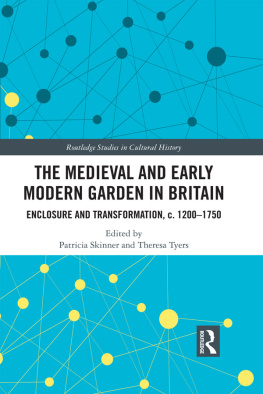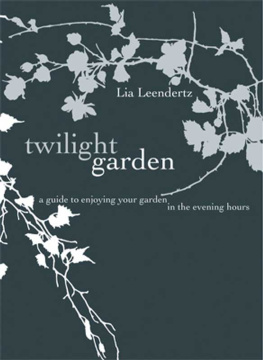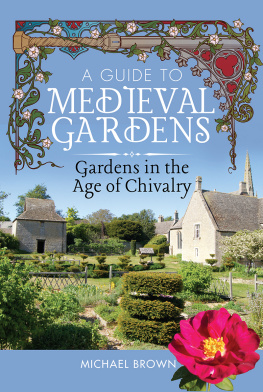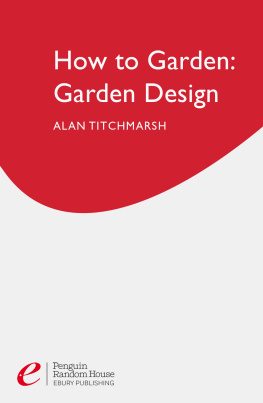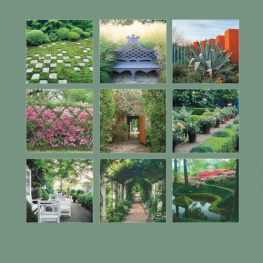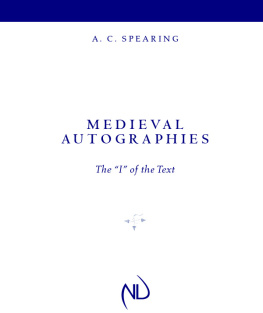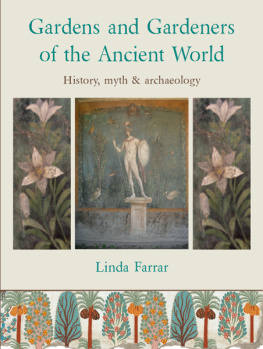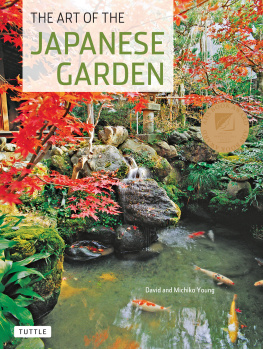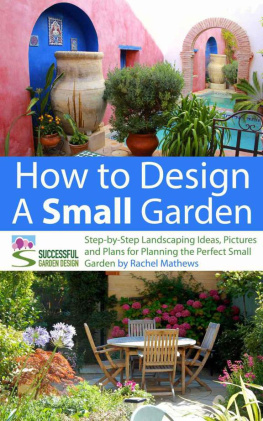First published 2018
by Routledge
711 Third Avenue, New York, NY 10017
and by Routledge
2 Park Square, Milton Park, Abingdon, Oxon OX14 4RN
Routledge is an imprint of the Taylor & Francis Group, an informa business
2018 Taylor & Francis
The right of the editors to be identified as the authors of the editorial material, and of the authors for their individual chapters, has been asserted in accordance with sections 77 and 78 of the Copyright, Designs and Patents Act 1988.
All rights reserved. No part of this book may be reprinted or reproduced or utilized in any form or by any electronic, mechanical, or other means, now known or hereafter invented, including photocopying and recording, or in any information storage or retrieval system, without permission in writing from the publishers.
Trademark notice: Product or corporate names may be trademarks or registered trademarks, and are used only for identification and explanation without intent to infringe.
Library of Congress Cataloging-in-Publication Data
Names: Skinner, Patricia, 1965 editor.
Title: The medieval and early modern garden in Britain : enclosure
and transformation, c. 12001750 / edited by Patricia Skinner and
Theresa Tyers.
Description: New York : Routledge, 2018. | Series: Routledge studies
in cultural history ; 58 | Includes bibliographical references and index.
Identifiers: LCCN 2017057709 (print) | LCCN 2017060455 (ebook) |
ISBN 9781351051422 (ebook) | ISBN 9781138484740
(hbk : alk. paper) | ISBN 9781351051422 (ebk)
Subjects: LCSH: Gardens, BritishHistory.
Classification: LCC SB457.54 (ebook) | LCC SB457.54 .M43 2018
(print) | DDC 635.0941dc23
LC record available at https://lccn.loc.gov/2017057709
ISBN: 978-1-138-48474-0 (hbk)
ISBN: 978-1-351-05142-2 (ebk)
Typeset in Sabon
by Apex CoVantage, LLC
Daisy Black is a lecturer in English Literature at the University of Wolver-hampton. She is currently working on a monograph on time and gender in medieval religious drama, and completed her PhD at the University of Manchester. Her other research interests include food in performance, periodization and memory, medieval depictions of Jews and Saracens, narratives of cannibalism, and medievalism in modern board game culture. Daisy also works as a theatre director, storyteller, and playwright.
Emily Cock has just commenced a three-year Leverhulme Trust Early Career Fellowship in the history department at Cardiff University. Her PhD investigated prostitution and plastic surgery in early modern England, and she has since published articles in Social History of Medicine and BMJ Humanities .
Sara Wyn Jones is registered nurse and health visitor and is currently conducting a PhD in Public Health at Swansea University. She has worked in Greece as a volunteer with new mothers in refugee camps for the Nurture Project International and as a paid intern for the Enclosed Garden project at Swansea.
Liz Herbert McAvoy is a professor of medieval English literature at Swansea University and is the director of the research project The Enclosed Garden: Pleasure, Contemplation and Cure in the Hortus Conclusus , 11001450, supported by the Leverhulme Trust. She is a specialist in medieval womens literature and has published extensively on how representations of gender are played out within medieval texts by, for and about women. She recently coedited, with Diane Watt, The History of British Womens Writing, 7001500 , published by Palgrave Macmillan in 2015.
Amy Louise Morgan is a lecturer in Medieval Literature at the University of Surrey where she completed her PhD in 2017. Her research interests include queer theory, gender, time and space, medieval romance, medieval women, medieval monsters, and the supernatural. She is currently working on a monograph which examines queer time and space in medieval literary texts.
Eoin Price is a lecturer in English Literature at Swansea University specializing in Renaissance drama. He is the author of Public and Private Playhouses in Renaissance England: The Politics of Publication (Palgrave, 2015). His work also appears in Literature Compass, The Map of Early Modern London, Early Theatre and The Years Work in English Studies .
Manuel Schwembacher is an assistant for Medieval German Language and Literature at the University of Salzburg, where he also works in the Interdisziplinres Zentrum fr Mittelalter und Frhneuzeit. He has published on the topic of medieval gardens in literature and art, is coauthor of Die mittelalterlichen Handschriften des Stiftes Nonnberg in Salz-burg ( The Medieval Manuscripts of the Nonnberg Abbey in Salzburg ; Vienna, 2018), and is now writing his PhD thesis on the presentation, functionality, and perception of gardens in selected medieval literature.
Patricia Skinner holds a personal chair in History at Swansea University and is director of the Effaced from History? project on the history of disfigurement. Her research interests range across health, medicine, and gender in the Middle Ages, and her book Living with Disfigurement in the Early Middle Ages was published by Palgrave in 2017. She worked as a historical advisor on the Enclosed Garden project at Swansea.
Spencer Gavin Smith is the Archaeology and Monuments Officer for the Ironbridge Gorge Museum Trust. He is a former investigator with the Royal Commission on the Ancient and Historical Monuments of Wales and has worked as an archaeologist and surveyor in both the public and private sectors. Spencer regularly contributes to television and radio program in both English and Welsh. He is currently researching his PhD on the topic of Parks, Gardens and Designed Landscapes of Medieval North Wales and North West Shropshire at Manchester Metropolitan University.
Theresa Tyers was awarded her PhD by the University of Nottingham in 2012. She specializes in late medieval and early modern vernacular recipe collections, recently publishing an article on infertility in Social History of Medicine , and now works as a research fellow on the Enclosed Garden project at Swansea University.
Routledge Studies in Cultural History
51 The Romantic Idea of the Golden Age in Friedrich Schlegels Philosophy of History
Asko Nivala
52 Student Revolt, City, and Society in Europe
From the Middle Ages to the Present
Edited by Pieter Dhondt and Elizabethanne Boran
53 Respectability as Moral Map and Public Discourse in the Nineteenth Century
Woodruff D. Smith
54 The British Anti-Psychiatrists
From Institutional Psychiatry to the Counter-Culture, 19601971
Oisn Wall
55 Cultural Histories of Crime in Denmark, 1500 to 2000
Edited by Tyge Krogh, Louise Nyholm Kallestrup and Claus Bundgrd Christensen
56 Fascism and the Masses
The Revolt Against the Last Humans, 18481945
Ishay Landa
57 The Irish and the Origins of American Popular Culture
Christopher Dowd
58 The Medieval and Early Modern Garden in Britain
Enclosure and Transformation, c. 12001750
Edited by Patricia Skinner and Theresa Tyers
For more information about this series, please visit: www.routledge.com/Routledge-Studies-in-Cultural-History/book-series/SE0367
Contents
PART I
Theorizing the Garden
PATRICIA SKINNER AND THERESA TYERS
LIZ HERBERT MCAVOY
PART II
The Historical Garden
SPENCER GAVIN SMITH
THERESA TYERS

